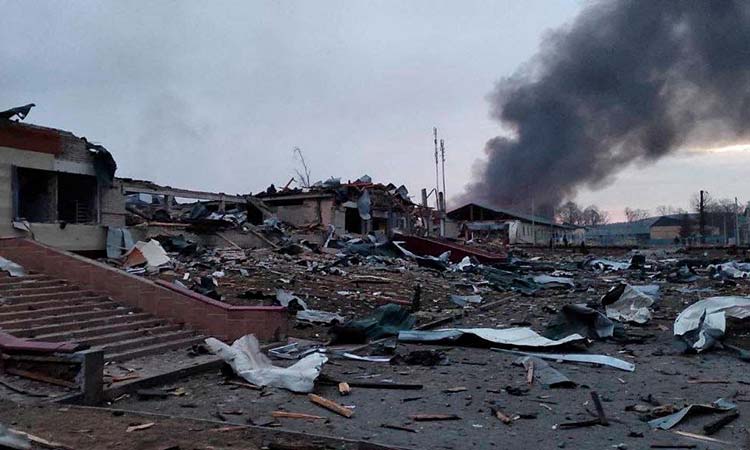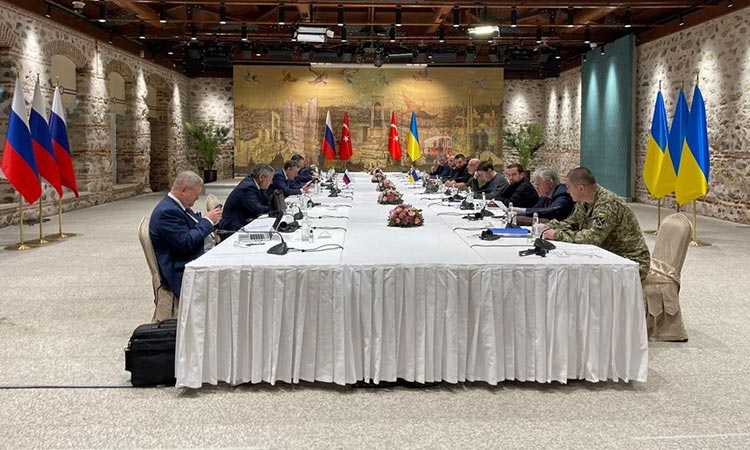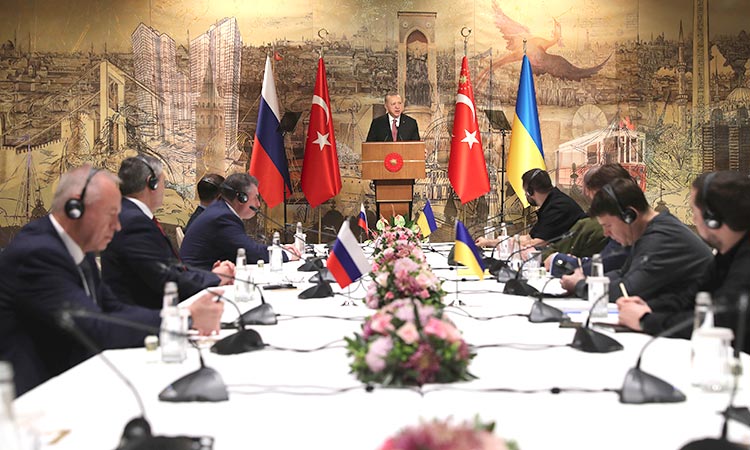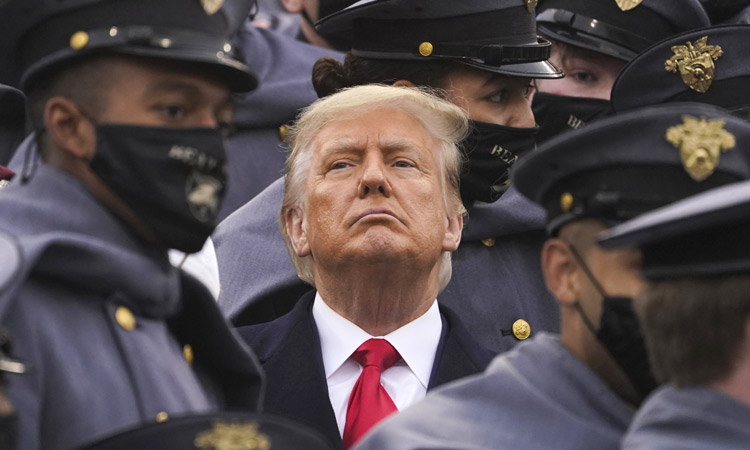Tough talks over Ukraine grain ships
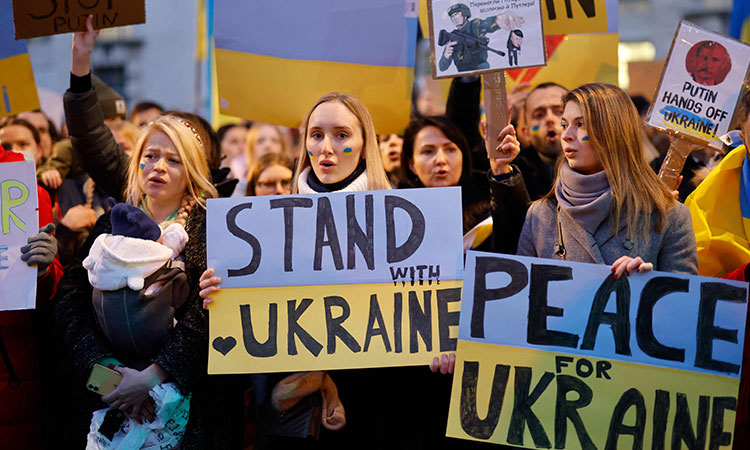
Photo has been used for illustrative purpose.
Turkey with the help of United Nations is trying to work out a deal between adversaries Russia and Ukraine over the movement of their ships in Black Sea near the mined Ukrainian ports like Odessa.
The fact that representatives of Russia and Ukraine are talking with a nudge from Turkey is quite a breakthrough. It looks like a tough bargain because Russia wants to inspect the ships moving in and out of Ukrainian ports, carrying Ukrainian grain, to check there is no arms flow into Ukraine. Given the intense fighting between the two since the last week of February this year, it is going to be sometime before a way is worked out. It is not surprising that it is the defence ministers of Turkey, Ukraine and Russia who are involved in these talks, and not their commerce ministers.
Russia and Ukraine are key exporters of wheat, accounting for one-third of global exports. The outbreak of the war between the two had disrupted wheat supplies, especially in countries like Lebanon, Egypt, Sudan and also other Middle Eastern countries. Many of these countries are facing an economic crisis because of rise in prices of wheat because of the disruption in supplies. Food inflation has triggered an economic crisis in these countries, which in turn set off a political crisis. If Russia and Ukraine can work out a deal, and the ships can move in and out of the Ukrainian ports on Black Sea, it will help Ukraine as well as those countries dependent on wheat imports from Ukraine and Russia. Russia is a key supplier of oil and gas, but Russia is sending its supplies overland to China, to India and other Central Asian republics. But Ukraine has been struck because its ports on the Black Sea were facing Russian missile attacks. Russia has relented a bit, but the deal has not been clinched. The export of wheat is important for Ukraine because its warehouses are overflowing, and unless it clears some of its buffer stocks, it will not be able to handle its 2022 harvest. But the Black Sea passage for the ships carrying Ukraine wheat will happen only after Russia relents. Said Ukrainian Foreign Minister Dmytro Kuleba: “The security concerns, linked to Russia’s position, need to be addressed. We are now in the final phase, and now everything depends on Russia.”
Pyotr Ilyichev, head of international organisations in Russia’s foreign ministry said that Russia was willing to facilitate movement of commercial ships carrying Ukrainian wheat but that Russia wanted to control and inspect vessels to check “arms smuggling”. Another Russian diplomat is quoted as saying that Russia wants removal of obstacles to exports created by Western sanctions. “There are obstacles for the Russian side in the areas of ship insurance, logistics, transportation services, and banking operations due to the sanctions imposed.”
Herein lies the crux of the problem. The US and the European countries have to adopt a more nuanced stance towards Russia, and allow Russian exports, including fuel and gas, along with wheat, and fertilisers to resume, and this could serve as a prelude to talks between Russia and Ukraine. The rigid hostile stance adopted by US President Joe Biden is not of help to Ukraine or to other countries affected by the disruption supplies of wheat. Ukrainian President Volodymyr Zelensky has adopted an aggressive stand about the war and the desire to expel Russian forces from the whole eastern Ukraine, which are now under Russian control. The maximalist positions of Zelensky and Russian President Vladimir Putin are only strengthened by the aggressive stance of Biden and other European Union (EU) leaders, though France and Germany have been cautious. A breakthrough in talks over movement of ships, carrying Ukrainian wheat, could be a prelude to the larger peace talks.
